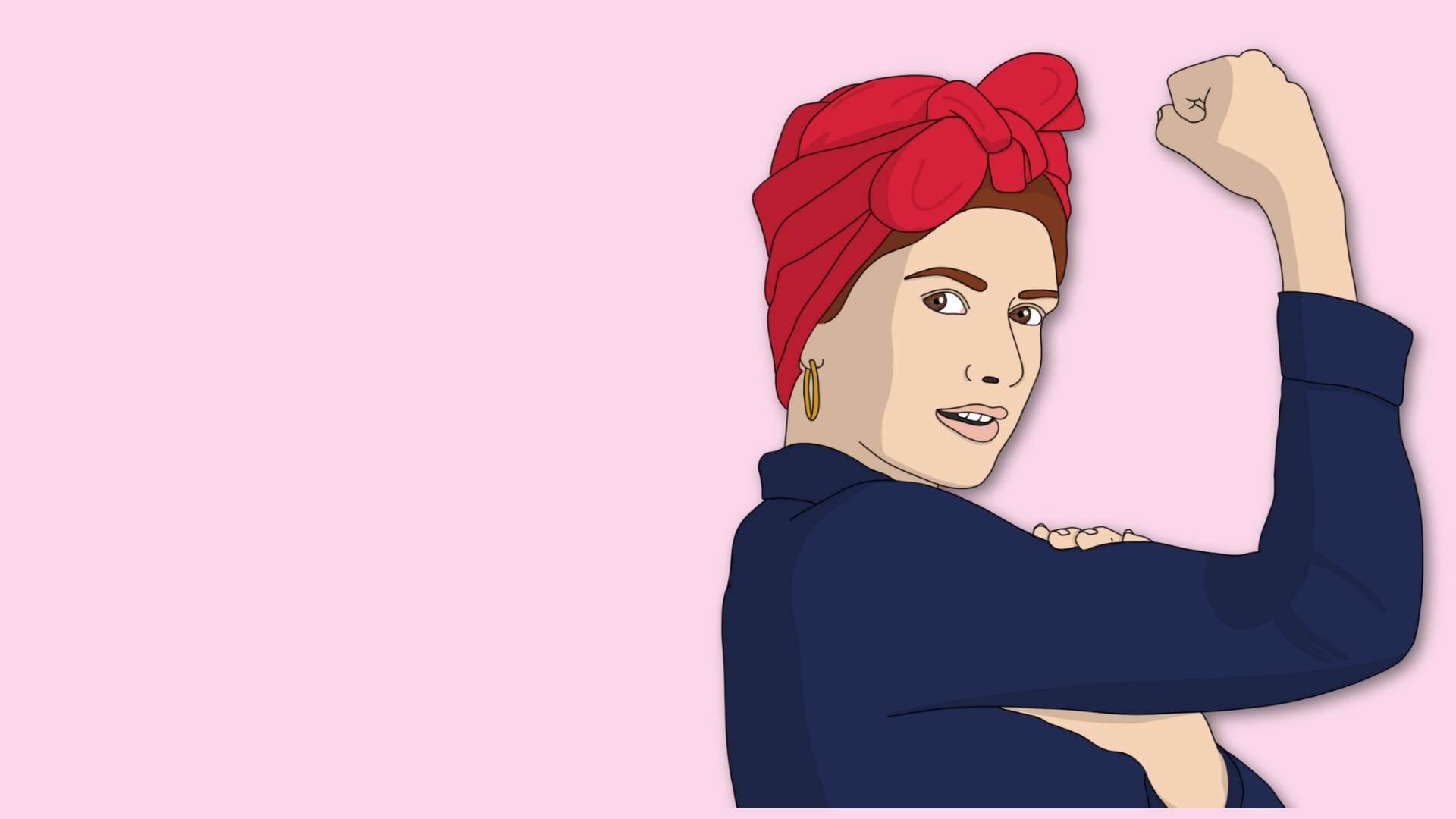Companies which look for profit – while also having a positive impact – should put their gender lenses on and have a look at how they run their businesses.
Today it is common sense: companies that master the sustainability agenda, are more profitable. And now, I have the facts saying that companies with above average female representation have higher profits as well. More on that later.
Do good
Until recently I worked in finance. I am old enough to have worked with guys who thought that doing good is something you do only after you’ve made profits.
One of my lessons in business is that what seems nice and altruistic to do in an early phase quickly becomes customer expectations and public regulations. Businesspeople who don’t see that evolution, will go out of business.
Climate is an obvious example: 10-15 years ago, a seminar with the words “corporations AND climate crisis” in the title would attract only tree huggers and anti-capitalists.
Today it is rare to attend a business meeting where the topic is not on the agenda. And it is not the last item – like nice to have – on the meeting agenda. It is put at the top of the agenda, and all the CFOs will attend taking notes, as they know it impacts costs and revenues. Looking to business regulations, you will find climate at the core.
Adapt early and become more competitive
Businesses looking into the crystal bowl wondering what this decade will bring, should draw lessons from this:
more sustainability issues will find its way into spread sheets and to the core of business. Those who adapt early, will be more competitive.
The EU taxonomy for instance, which sets a standard for what is considered green and good for climate, will be extended to cover also social issues like gender equality. Debates about “modern slavery” have been the steppingstone for more legal requirements on businesses. In Norway the government is to propose a “transparency law” that will oblige companies to disclose more critical information about their supply chain.
Gender equality in the supply chain
CARE Norway has initiated a collaboration with Virke, a Norwegian trade organisation, about gender equality in the supply chain. We do this to prepare their members both for new legal requirements and increased expectations from consumers and the general public. Also, we see that many companies want to take a larger responsibility and contribute positively, and they ask for more tools and assistance in their efforts.
There is definitely a lot to improve. Virke and CARE mandated a report which showed that while some specific gender related issues are included in most of the companies’ governing documents, other issues tend to be neglected. In fact, rather few companies go beyond requiring their suppliers not to discriminate based on gender (often including compensation) and having a zero tolerance for inhumane and harsh treatment. Very few companies have separate equal pay clauses explicitly mentioning women or gender. Few companies mention maternity leave benefits and gender appropriate facilities.
Raise your voice and demand better standards
CARE as a humanitarian and aid organisation is actively involved because we know this: When a Norwegian company requires better standards from their suppliers who produce goods and services, women in Bangladesh, Peru and South Africa can have a better life. Their conditions will improve, their rights will be strengthened, and their voices will be heard.
I went from finance to CARE. A big career change, but not necessarily with opposite goals. Therefore, I believe in working with business from my new role. Together we can improve gender equality. And more and more corporations will join. Because it is a way to profitability.
This Op-ed was first published in SHE Community's Insight Magazine on 18th of March



